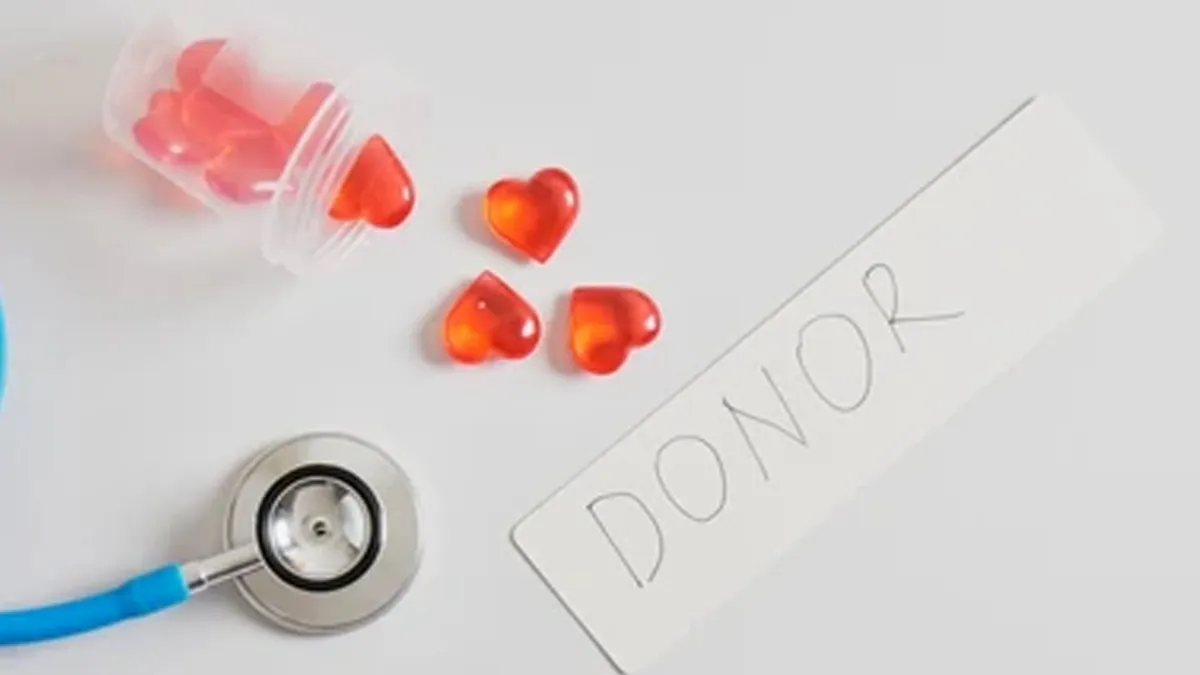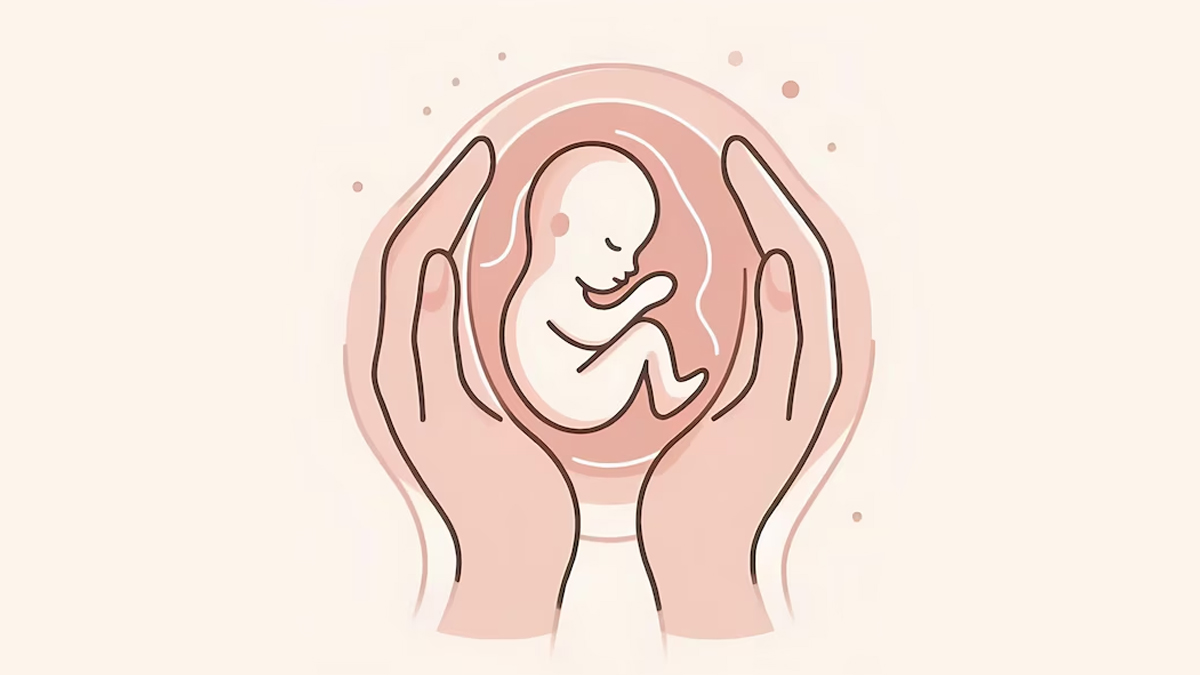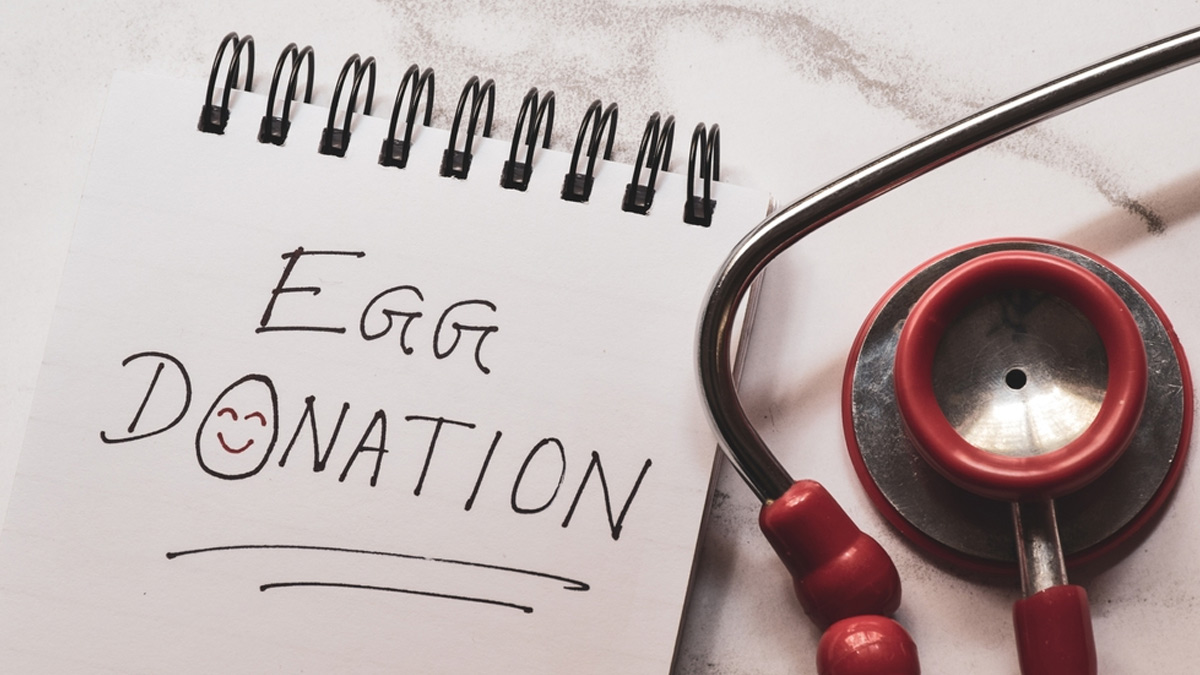
Have you ever wondered how some people become parents despite facing challenges like infertility? Advancements in fertility treatments and supportive laws in India are providing new options, such as egg donation and surrogacy, that offer hope to those wishing to become parents. These options might feel overwhelming at first, but with the right support, they can provide a clear path to parenthood. We spoke to Dr Kshitiz Murdia, CEO and Co-Founder, Indira IVF, who shared a guide to help intended parents make informed decisions on their journey to parenthood.
Table of Content:-

“The Surrogacy (Regulation) Rules, 2022 now allow married couples to use donor eggs or sperm if one partner has a certified medical condition that necessitates it, as approved by the District Medical Board. This ensures at least one gamete originates from the intended couple, maintaining a genetic connection to the child. For single women, such as widows or divorcees, surrogacy is also permitted, but they must use their eggs along with donor sperm,” highlighted Dr Murdia.
Egg Donation: Who Needs It and Why?
Egg donation is considered a viable option when other fertility treatments have not been successful. This method is essential in several scenarios:

- Primary Ovarian Failure or Premature Menopause: Women with non-functional ovaries due to medical conditions benefit significantly from donor eggs.
- Genetic Disorders: For women at risk of passing on genetic disorders, egg donation offers a safer alternative.
- Age-Related Decline in Egg Quality: Women over 43, where egg quality diminishes, often turn to this option.
- Repeated IVF Failures: Patients with unsuccessful IVF attempts find higher success rates with donor eggs.
Egg donation provides a pathway to parenthood, ensuring that individuals and couples facing these challenges have an opportunity to conceive.
Also Read: Who Can Be An Egg/Sperm Donor In India? Doctor Explains Criteria And Rules For Intended Couples
Surrogacy

Surrogacy involves implanting an embryo into a surrogate who carries the pregnancy to term. This method is particularly crucial for women unable to carry a pregnancy due to medical conditions. “The Surrogacy (Regulation) Rules, 2022, ensure ethical practices through rigorous eligibility checks for both intended parents and surrogates. These measures protect the rights and well-being of all parties involved, maintaining the integrity of the process,” added Dr Murdia.
According to Yale Medicine, surrogate mothers conceive through In Vitro Fertilisation (IVF). In this procedure, an embryo is created by fertilising eggs from either the intended mother or an egg donor with sperm from the intended father or a sperm donor. As the gestational carrier does not provide the egg, she has no genetic link to the child.
Legal and Ethical Guidelines for Egg Donation
The Assisted Reproductive Technology (ART) Bill, 2021, has established strict criteria for egg donation to safeguard the process:
- Age and Parity Requirements: Female donors must be between 23-35 years old and have at least one child older than three years.
- One-Time Donation: Women can donate eggs only once in their lifetime, with a maximum retrieval of seven eggs.
- Recipient Limitations: A single donor’s eggs cannot be provided to more than one recipient, whether a couple or an individual woman. This regulation prevents commercial exploitation and minimises the risk of unintentional genetic overlaps.
- Comprehensive Health Screenings: Donors undergo thorough health checks, including tests for infections like HIV, ensuring safety and quality throughout the process.
Also Read: Egg Donor? Watch Out For These Health Risks Before Donating Eggs
Bottomline
Dr Murdia concluded, “Egg donation and surrogacy represent a beacon of hope for those facing significant challenges in building a family. With proper guidance and adherence to legal and ethical frameworks, these technologies offer an effective and compassionate path toward parenthood. To explore these options and receive personalised guidance, connect with a trusted fertility expert who can help you take the first step toward realising your dream of becoming a parent.”
[Disclaimer: This article contains information provided by an expert and is for informational purposes only. Hence, we advise you to consult your professional if you are dealing with any health issues to avoid complications.]
Also watch this video
How we keep this article up to date:
We work with experts and keep a close eye on the latest in health and wellness. Whenever there is a new research or helpful information, we update our articles with accurate and useful advice.
Current Version